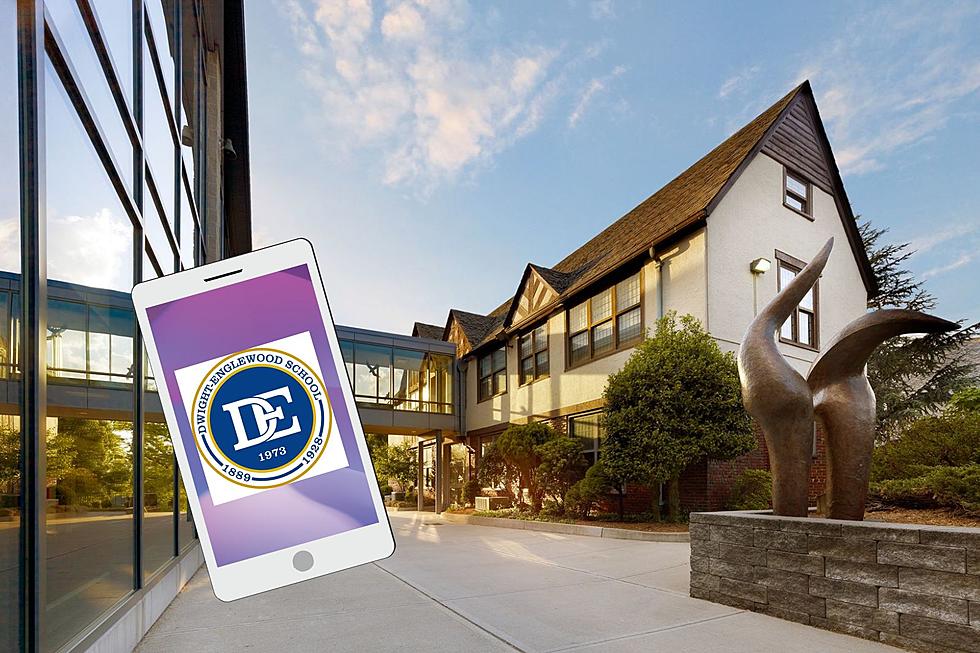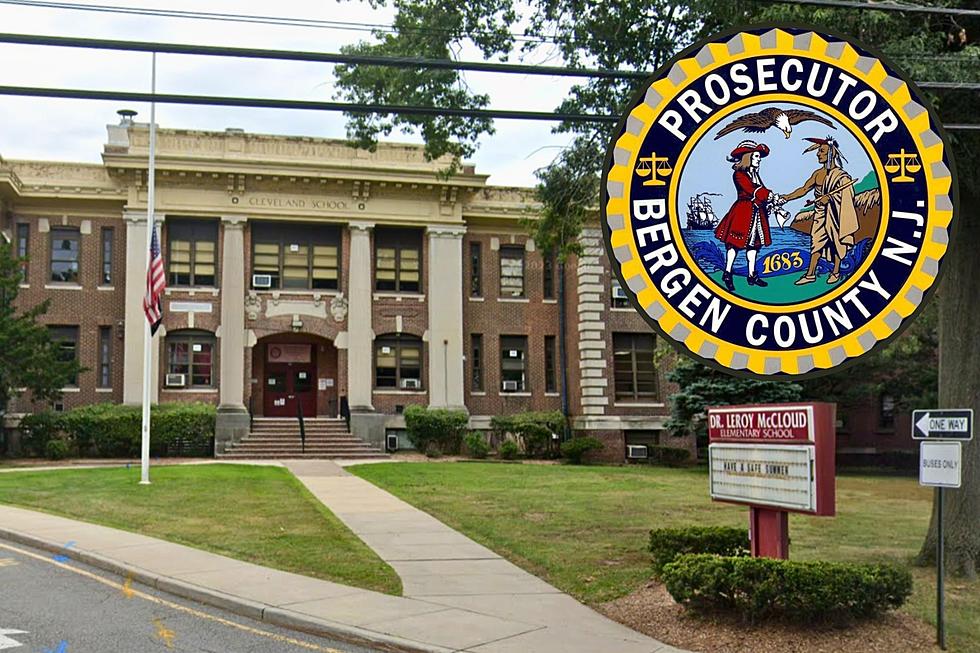![Bilingual Cops: Coddling Immigrants or Giving Cops the Tools to Do Their Jobs? [POLL]](http://townsquare.media/site/385/files/2013/06/2126305944_f156948633_z-300x200.jpg?w=980&q=75)
Bilingual Cops: Coddling Immigrants or Giving Cops the Tools to Do Their Jobs? [POLL]
I’ve told the story a few times about traveling to Citi Field by the number 7 train, and seeing the service advisories pasted against the window of the train in a “tower of babel” pastiche of languages.
I always felt as though this was coddling immigrants.
How could they expect to learn the language if governmental agencies insist on printing materials in their native tongues?
But, if police are to do their jobs thoroughly, do you feel the same?
Especially given that a good many immigrants don’t trust the police; and are reluctant to report crimes committed against them.
That’s why a number of police departments in North Jersey especially, are encouraging cops to learn key phrases in the prevalent languages spoken in certain communities.
This gives the police the ability to better serve their communities.
But, there’s always the notion that it’s still giving in to the immigrants being coddled into not learning English.
Englewood officers carry bilingual dictionaries in their patrol cars. Fairview police recently completed an eight-week Spanish course to learn basic terms. A Korean-speaking officer is stationed at the Fort Lee police front desk on a regular basis.
Englewood Police Chief Arthur O’Keefe said his department responded to the attacks (on immigrants) by distributing fliers and handing out a 24-hour phone number to reach Spanish-speaking officers.
But despite those efforts, Hispanic residents have been reluctant to come forward with information, and it has taken weeks for significant leads, he said, adding the investigation is ongoing.
In Fairview, home to a swelling Latino population and where day laborers wait for work along Anderson Avenue, borough officers have focused on improving their Spanish language skills.
A group of about 12, including one dispatcher, enrolled in a Spanish course specifically for law enforcement. The class met once a week and centered on words that officers could use on duty.
The goal of the course, whose instructor was provided by Bergen Community College’s School of Continuing Education, was to help officers gain a working knowledge of Spanish to better serve the Latino population, which is more than half — 54.6 percent — of the town’s 13,835 residents, according to the 2010 census. A decade earlier, Hispanics made up about 37 percent of the population.
“Any advantage that you can give to your officers and the community, and that sense of comfort that you do understand, and want to understand, their language and culture is a great benefit,” said Fairview Police Chief Frank Del Vecchio.
Waldwick Police Officer Adam Garcia has been forging a relationship with the local Salvadoran community since he joined the force in 1995.
“I know a lot of people since I started, and I’ve watched people get older, and their children grow up.”
Waldwick Detective Sgt. Doug Moore said Garcia’s work has also led Spanish-speaking residents to reach out to officers about illegal activities.
“I think they understand that any victim of a crime should report it to police,” he said.
And, this is an issue not isolated to New Jersey, but all around the country.
It can’t be a bad thing if it helps police do their job and gain the trust of the locals.
I’d still rather see the immigrant population make an effort to learn the language, but given real world conditions, the police are better served by being given the tools to better communicate with the locals.
More From New Jersey 101.5 FM









